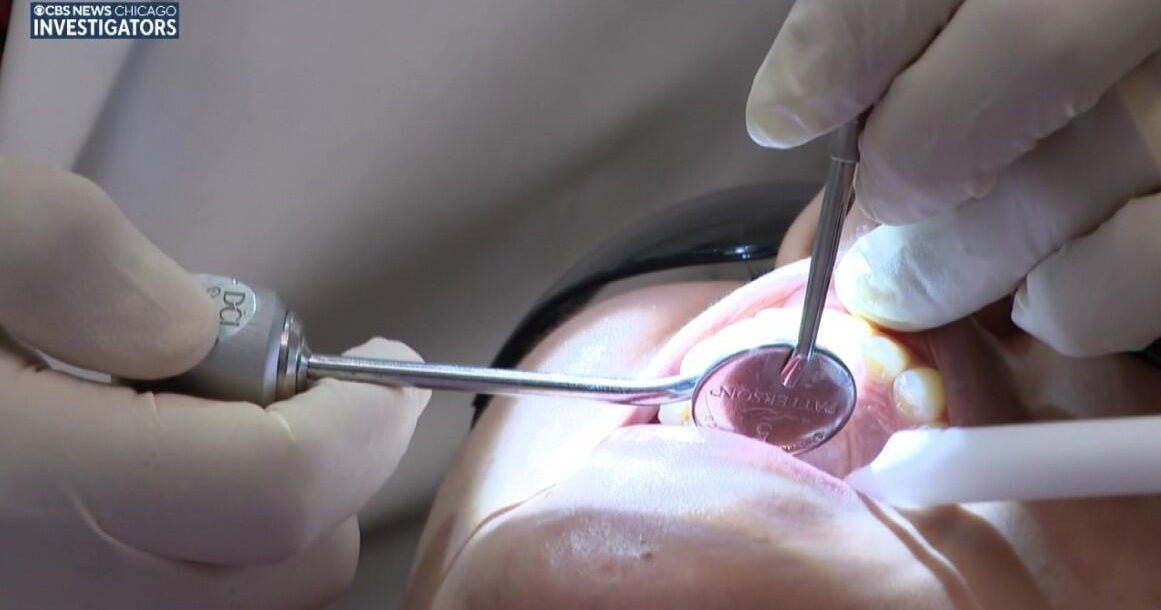'U' Study: Breakfast Could Decrease Diabetes Risk
MINNEAPOLIS (WCCO) -- The common wisdom that breakfast is the most important meal of the day just got another jolt of energy, as the University of Minnesota just announced results of a new study that links the meal to a decrease in risk for type 2 diabetes.
The study suggested that people who had breakfast frequently had a significantly lower risk for developing not just diabetes, but also abdominal obesity, obesity, metabolic syndrome and hypertension.
The study was led by the U School of Public Health's Dr. Andrew O. Odegaard, from the division of Epidemiology and Community Health.
Odegaard said that study represents a new breakthrough in connecting the frequency of breakfast intake with metabolic risk factors.
"Previous studies of breakfast frequency have looked at it as all or nothing; either you eat breakfast or you don't. Yet there's evidence suggesting people have an array of breakfast intake frequencies. Therefore, we examined and compared a range of breakfast frequencies with the risk of developing type 2 diabetes and other metabolic conditions over 18 years," Odegaard said. "Eating a daily breakfast is a dietary habit that may be highly relevant for a person's metabolic health."
The study, which is being published in the Diabetes Care journal on Monday, was funded in part by a grant from the General Mills Bell Institute of Health and Nutrition.







